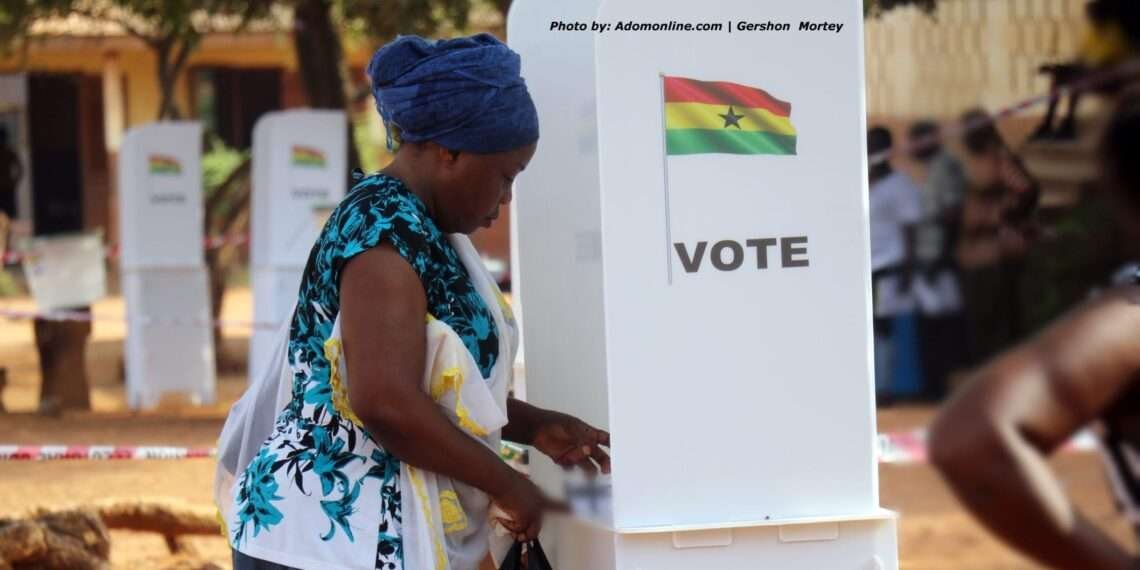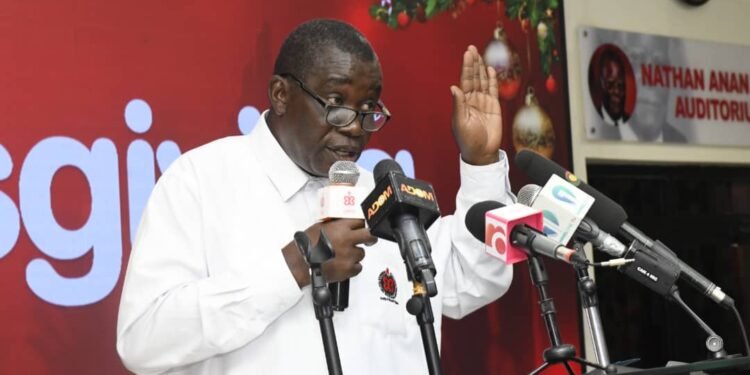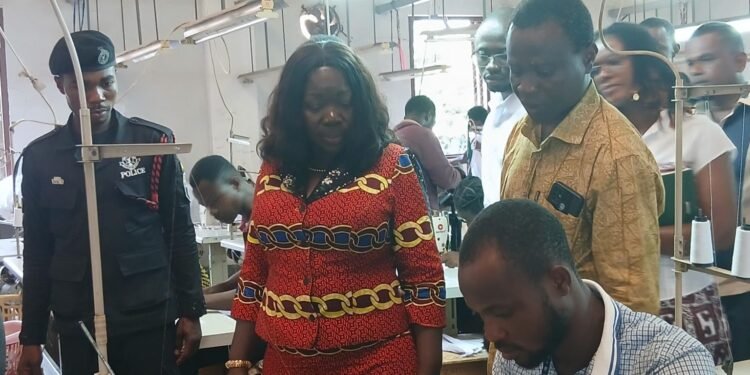The District Level Elections (DLEs) in some areas in the Ashanti and Eastern regions have been rescheduled by the Electoral Commission for Thursday, December 21, 2023.
A statement released by the Commission on Tuesday, December 19 2023 indicated that multiple technical difficulties had forced the rescheduling of the election.
According to the Electoral Commission, it shall put appropriate measures in place to ensure that the areas affected can participate in the civic exercise on Thursday, December 21 2023
“The Commission wishes to inform the General Public that due to a number of technical challenges, the District Level Elections in some Electoral Areas in the Ashanti and Eastern regions have been rescheduled to Thursday, 21st December 2023. We apologise for the inconvenience caused to residents of these Electoral Areas. We assure the residents of the affected areas that the District Level Elections will be held on Thursday, the 21st of December 2023”.
Michael Boadu, Acting Head of Public Affairs, EC
EC Receives Support On Its Decision To Replace Indelible Ink
Meanwhile, Ace Investigative and Broadcast Journalist, Manasseh Azure Awuni has thrown his support towards the Electoral Commission’s decision not to use the indelible ink to mark those who vote on election day to stop them from double voting.
Reacting to criticisms from some members of the opposition National Democratic Congress, the Niemen Fellow and Editor in Chief of the Fourth Estate strongly posited that the Electoral Commission is right in its decision.
“The Electoral Commission (EC) of Ghana has said it intends to phase out the use of indelible ink to mark those who vote on Election Day to stop them from voting twice. The EC says the biometric verification system Ghana now uses is designed such that once you’re verified, you can’t vote again when you return to the polling station. I have heard some NDC members opposing the change, but I have not heard them raise any superior argument”.
Manasseh Azure Awuni
Mr Manasseh Azure Awuni further asserted that if the Electoral Commission can use technology to replace the work of the indelible ink ,then there is no need for the country to continue to dwell on the old practice.
According to him, the adoption of biometric technology by the Electoral Commission would be very beneficial to the electoral process as it will reduce costs and voting time.
“As the Chairperson of the EC challenged, those opposing the decision should test the system in today’s district-level election. If there isn’t any problem with the change, we should get rid of the ink and use biometric verification”.
Manasseh Azure Awuni
The Electoral Commission (EC) of Ghana announced earlier that indelible ink will no longer be required in the ongoing district-level election and subsequent polls.
The Chairperson of the Electoral Commission, Jean Mensa announced the decision at a press conference ahead of the December 19 district-level election, explaining that the decision is part of the Commission’s efforts to enhance the electoral process and establish a robust identification system.
According to Madam Mensa, the biometric identification system would ensure the integrity of the voting process by detecting and flagging any attempts at multiple registrations.
“The issue of indelible ink, the question is when we were not doing biometric, we were basically using your face, your card. We look at your face and we say this picture looks like you.” But with the new system, once you have been verified, it goes into the system, and you cannot come back a second time. You can try it if you wish at this election. Of course, it will be deemed as an electoral offence”.
Jean Mensa, EC Chairperson
READ ALSO: President Akufo-Addo Receives More Backlash Over His Refusal To Assent Private Members’ Bills























